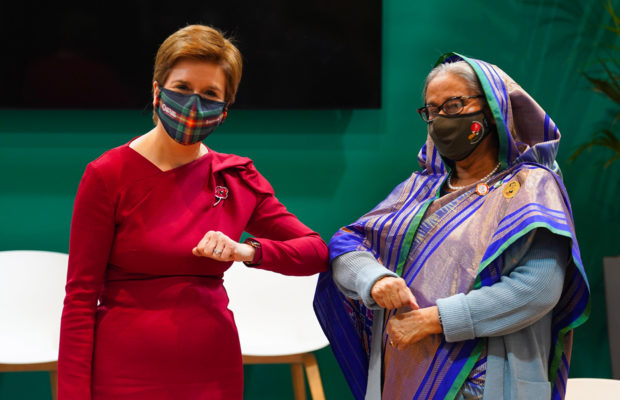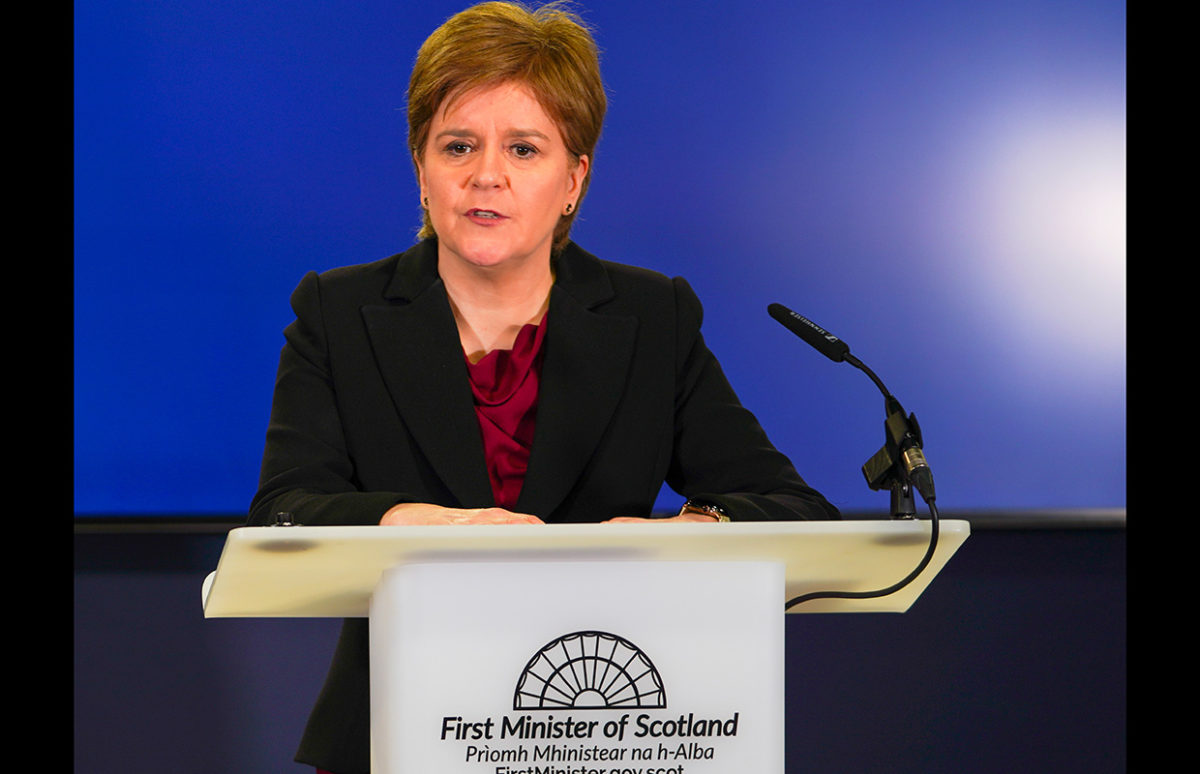On 15 February, Scotland’s First Minister Nicola Sturgeon announced she was resigning after eight years in the post. Like Jacinda Ardern, New Zealand' Prime Minister, less than a month ago, Sturgeon blamed the brutality of political life for her resignation.
Nicola Sturgeon has been an MSP (Member of the Scottish Parliament) since the first elections for the devolved parliament in 1999. As the leader of the Scottish Nationalist Party, she is a fervent supporter of independence for Scotland. A former lawyer, she started canvassing for independence at just 16. She was Deputy First Minister for eight years before taking over the top job in 2014. Like Jacinda Ardern, her management of the COVID epidemic was widely respected across the political spectrum, and favourably contrasted with the Westminster government’s.

The SNP won a relative majority in the 2021 Scottish Parliament elections and Sturgeon has been in charge of the party’s fourth consecutive government, this time in alliance with the Scottish Green Party.
In her resignation speech, she said she didn’t feel she could keep giving her all to the country and her party’s ambitions for another independence referendum. Scottish voters defeated the 2014 referendum by 55% to 45, but the party feels that Brexit has fundamentally changed Scotland’s relationship with the UK and voters should be consulted again. The UK Supreme Court blocked a new referendum dubbed IndyRef2 last year. The party has organised a conference in March to decide on a strategy. Sturgeon is in favour of considering the next Westminster election (which must be held by January 2025) as a de facto referendum.
In her resignation speech she insisted, “Winning independence is the cause I have dedicated a lifetime to. It is a cause I believe in with every fibre of my being. And it is a cause I am convinced is being won.”
But, echoing Jacinda Ardern’s sentiments a month ago, she said she didn’t feel capable of leading that fight:
“Giving absolutely everything of yourself to this job is the only way to do it. The country deserves nothing less.
“But in truth that can only be done, by anyone, for so long. For me, it is now in danger of becoming too long.
“And the nature and form of modern political discourse means there is a much greater intensity – dare I say it, brutality – to life as a politician than in years gone by.”
You can listen to extracts of the speech in this Sky News report.
In a world where no country has achieved gender parity in political representation, what does it say about political culture to have two of the rare women who have reached leadership positions abandon them in such a short space of time? Should we be congratulating them for putting their parties and countries before their own ambition? Or should this be a warning that political systems have to change and become more inclusive if they are to truly reflect the populations they represent?
Sturgeon announced she would stay in post until a successor is chosen by her party. There are not considered to be any obvious front runners, so that process may take some time. She also said she would stay on as an MSP, at least until the 2026 elections.
Copyright(s) :
Scottish Parliament
Tag(s) : "Brexit" "devolution" "elections" "electoral systems" "independence" "Jacinda Ardern" "Nicola Sturgeon" "referendum" "Scotland" "UK" "UK politics"





